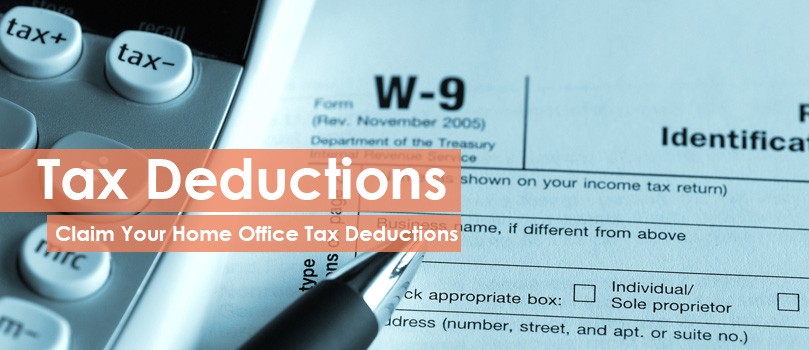
Some careful considerations are necessary before taking those home office tax deductions, especially if you are a telecommuting employee. The rules are slightly different
for workers in this category as compared to those who freelance or own their own business.
What Telecommuting Employees Need To Know
Telecommuting employees need to understand the tax laws so they can get the deductions they deserve. Keep in mind how you’re using your office space and whether or not it’s being applied to business. There are additional usual requirements for home office tax deductions.
If you are a telecommuting/call center employee, the office you’re using at home must be for your employer’s benefit. In other words, you would likely satisfy this rule if you are working from home as a virtual call center agent and your company saves money and desk space by hiring work-at-home employees.
On the other hand, if the company you’re working for has plenty of office space for you and others, but says it’s okay to work at home to avoid that long 50-mile commute, you’re not going to be eligible for home office deductions.
Here’s The Way to File for Your Home Office Tax Deductions
Form 2106 is the one to use if you are a telecommuting employee that is qualified under the home office tax deduction laws. You’ll need to calculate the deduction and then enter it on line 21 of Schedule A (Form 1040). You’ll need to itemize your expenses to get this deduction for home office employees. Then the 2 percent rule comes in effect. You are allowed to deduct only the unreimbursed business expenses that are greater than 2 percent of your adjusted gross income.
These expenses include: traveling costs, mileage, business gifts, home office expenses, education (tuition, fees and books) and trade publications that haven’t been reimbursed by your employer.
If you have questions, take a look at IRS Publication 587, Business Use of Your Home, available at www.IRS.gov or by calling 800-TAX-FORM (800-829-3676).
Great VirtualWorks[email protected]
800.728.5001
